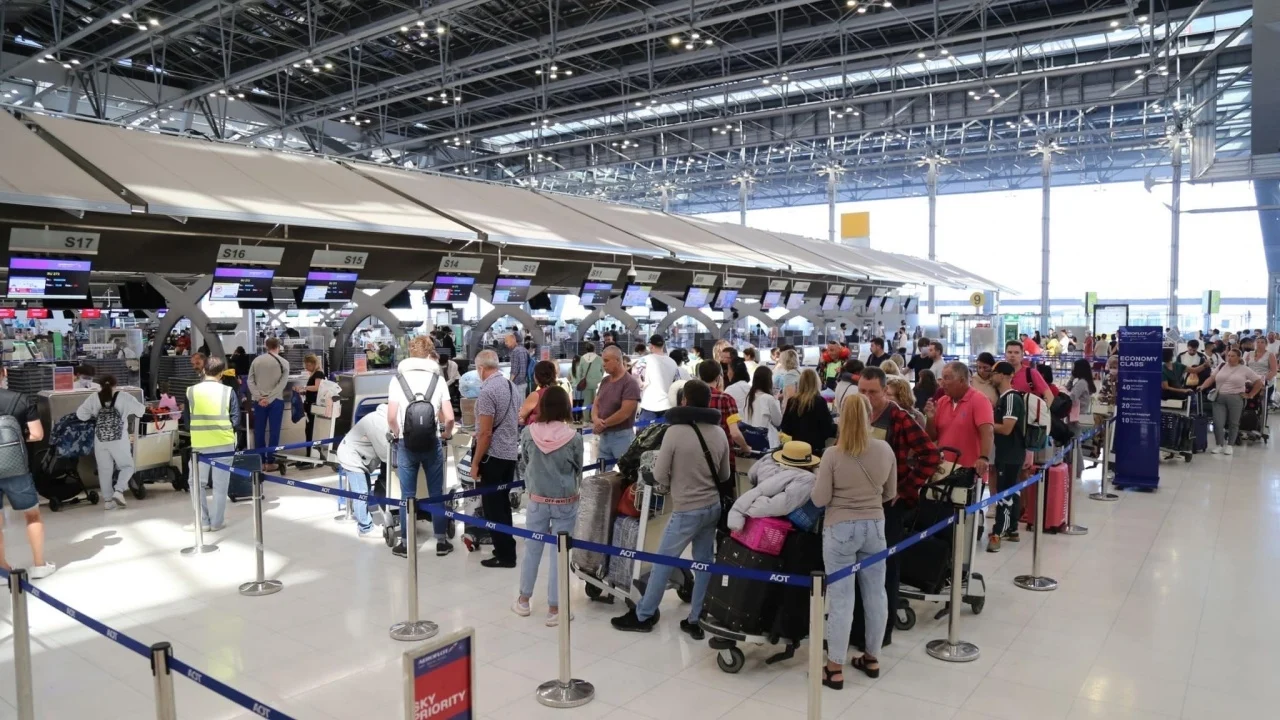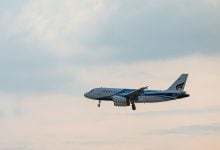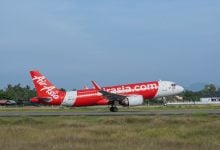Thailand’s airlines resist price war despite rising operational costs

Despite escalating operational costs, Thailand’s airlines are unlikely to trigger a new price war, while the Civil Aviation Authority of Thailand (CAAT) intends to retain the existing ceiling for ticket prices. This information was shared by Suttipong Kongpool, the CAAT director, during a seminar co-hosted by the Airlines Association of Thailand (AAT) and CAAT this week.
Suttipong indicated that with jet fuel prices, a significant component accounting for 30-40% of operational costs, not expected to rise beyond US$120 per barrel in the near term, the regulated ceiling price would remain unchanged for at least three years.
As per CAAT rules, the upper limit for low-cost airfares is set at 9.4 baht per kilometre, while full-service airfares are capped at 13.0 baht per kilometre. Suttipong noted that despite the pandemic-induced spike in fuel prices to US$170-180, the price ceiling remained unaltered.
CAAT does not intend to establish a minimum price, as lower airfares would be advantageous to passengers, specifically those who secure their tickets ahead of time.
Suttipong suggested that the possibility of airlines engaging in a price war, as experienced in 2019, is low, considering the previously high revenue levels that resulted from the large passenger volume. He stressed that a price war would be detrimental to airlines and the aviation ecosystem, especially in the wake of the pandemic’s impact, reported Bangkok Post.
Releasing booking data at the seminar for a flight scheduled from Bangkok’s Don Mueang Airport to Phuket on May 19, 2023, CAAT revealed that 32.8% of passengers paid less than 1,000 baht, while 37.9% paid between 1,001 and 1,500 baht. Only 0.8% of passengers purchased tickets at a rate between 3,501 and 4,000 baht.
This is a reflection of airlines’ dynamic pricing strategy, which offers the cheapest prices to early birds, with prices escalating as more seats are occupied. AAT president Puttipong Prasarttong-Osoth stated that airlines would need a load factor of 70-80% to cover all costs and generate a profit.
The association is optimistic that the government will reduce the jet fuel excise tax rate from 4.726 baht per litre to a more reasonable rate, as the tax raises airlines’ expenses by 20%.
Certain airlines in Thailand are also adopting a pay-to-fly scheme for pilots seeking a licence for specific aircraft types.
Suttipong explained that it is a common practice for airlines to transfer substantial training costs to pilots, rather than bearing the expense themselves. Puttipong, who also serves as president of Bangkok Airways, disclosed that the training cost for each pilot starts at 2.5 million baht.
He confirmed that Bangkok Airways would not implement this scheme. However, he suggested that other airlines contemplating a fleet change might have to consider this approach due to the high costs of absorbing training expenses for all pilots.
Follow our latest stories on our new Facebook page: CLICK HERE.
Latest Thailand News
Follow The Thaiger on Google News:


























